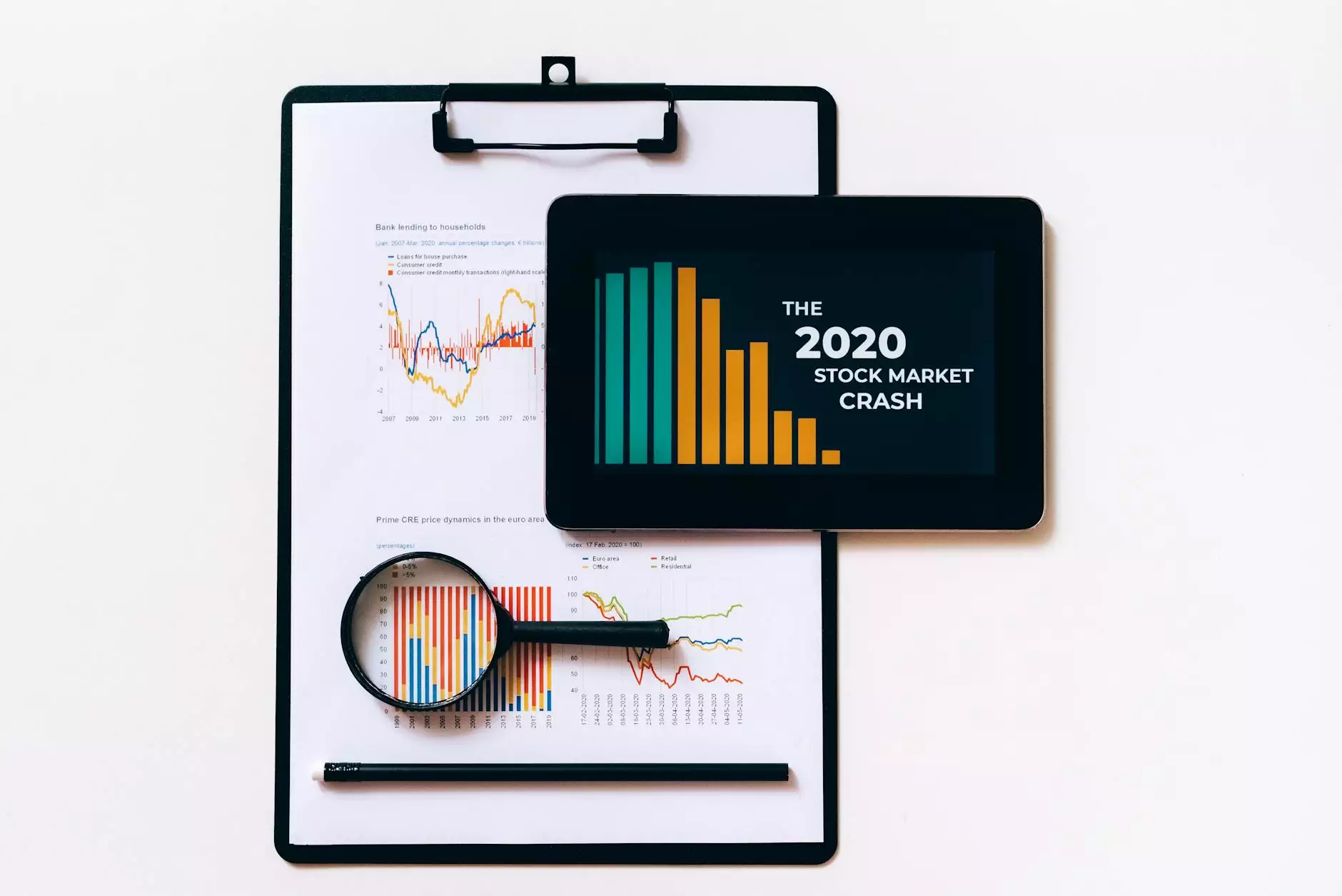Digital Marketing Terms Dictionary
Digital Marketing
Welcome to Marketing Clearwater's digital marketing terms dictionary! In the fast-paced world of digital marketing, understanding key terms and concepts is essential for success. Whether you are a seasoned marketer or just starting out, this comprehensive dictionary will help you navigate the complex and ever-evolving landscape of digital marketing.
SEO (Search Engine Optimization)
SEO is the practice of optimizing your website to rank higher in search engine results pages. By implementing various strategies such as keyword research, on-page optimization, and link building, businesses can improve their online visibility and drive organic traffic to their websites.
PPC (Pay-Per-Click)
PPC advertising is a digital marketing model where advertisers pay a fee each time their ad is clicked. Popular platforms for PPC advertising include Google Ads and Bing Ads. By effectively managing PPC campaigns, businesses can drive targeted traffic to their websites and increase conversions.
Content Marketing
Content marketing focuses on creating and distributing valuable, relevant, and consistent content to attract and engage a target audience. Content can take many forms, including blog posts, videos, infographics, and social media posts. A successful content marketing strategy can help businesses establish authority in their industry and build lasting relationships with customers.
Email Marketing
Email marketing involves sending commercial messages to a group of people using email. Businesses use email marketing to promote products or services, build brand awareness, and nurture relationships with customers. By creating personalized and targeted emails, businesses can drive conversions and increase customer loyalty.
Social Media Marketing
Social media marketing is the process of creating and sharing content on social media platforms to achieve marketing and branding goals. Popular social media platforms for marketing include Facebook, Instagram, Twitter, and LinkedIn. By engaging with followers, businesses can increase brand awareness, drive website traffic, and boost sales.
Analytics
Analytics refers to the collection, measurement, and analysis of data to inform business decisions. In digital marketing, analytics tools such as Google Analytics provide valuable insights into website performance, user behavior, and marketing campaign effectiveness. By analyzing data, businesses can optimize their strategies and improve ROI.
Conversion Rate Optimization (CRO)
Conversion rate optimization is the process of increasing the percentage of website visitors who take a desired action, such as making a purchase or filling out a form. By testing different elements on a website, such as headlines, images, and call-to-action buttons, businesses can optimize conversions and drive revenue.
Search Engine Marketing (SEM)
SEM is a digital marketing strategy that involves promoting websites by increasing their visibility in search engine results pages through paid advertising. Common SEM practices include keyword research, ad creation, and bid management. By effectively managing SEM campaigns, businesses can reach a larger audience and drive targeted traffic to their websites.
Mobile Marketing
Mobile marketing focuses on reaching target audiences on their mobile devices, such as smartphones and tablets. Strategies for mobile marketing include mobile-optimized websites, mobile apps, and SMS marketing. With the increasing use of mobile devices, businesses can leverage mobile marketing to connect with customers on the go and drive engagement.
Conclusion
Understanding these digital marketing terms is crucial for anyone looking to succeed in the dynamic digital landscape. By familiarizing yourself with these concepts and implementing best practices, you can effectively promote your business online and reach your target audience. Stay informed, stay innovative, and watch your digital marketing efforts soar to new heights!



